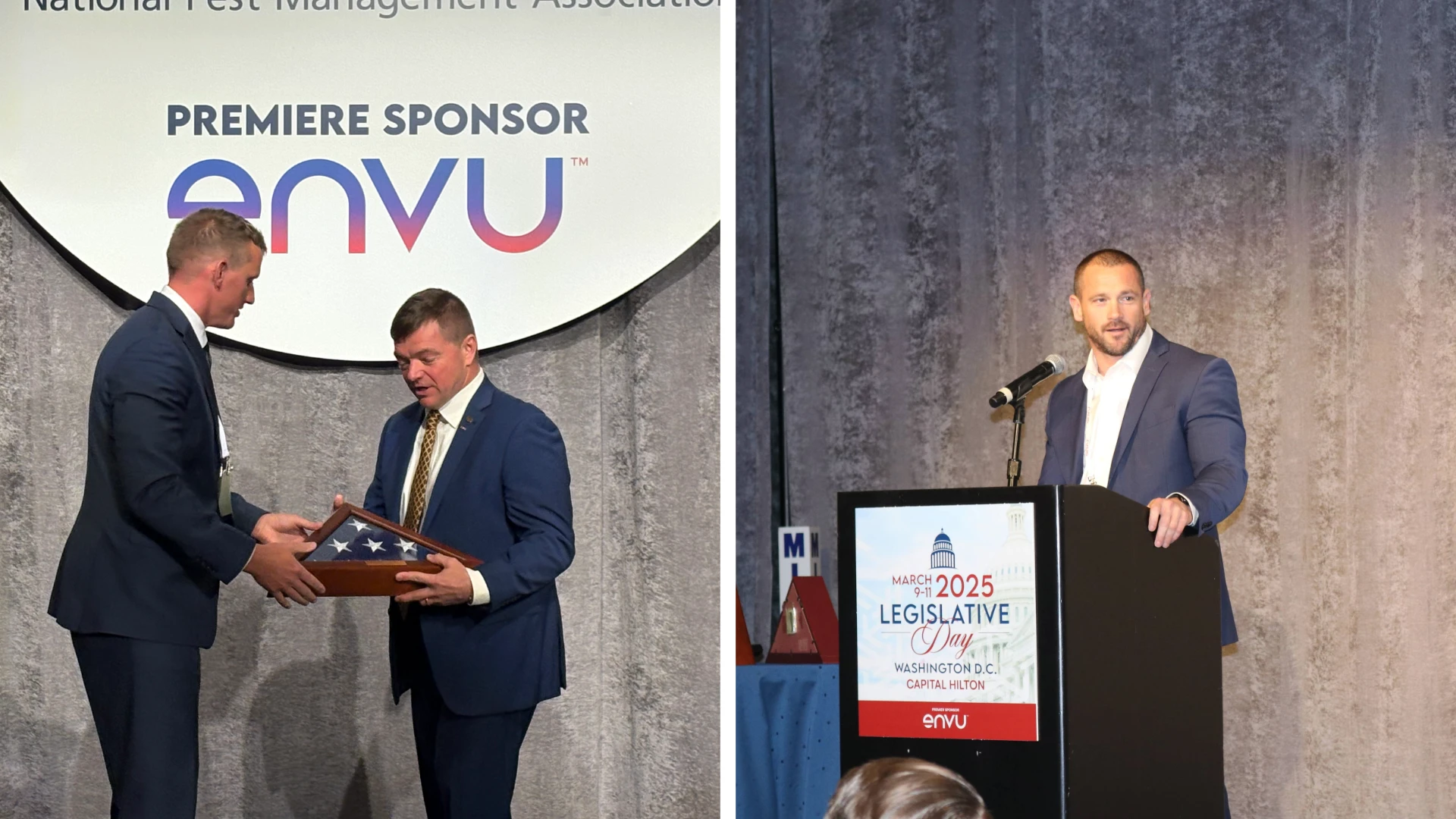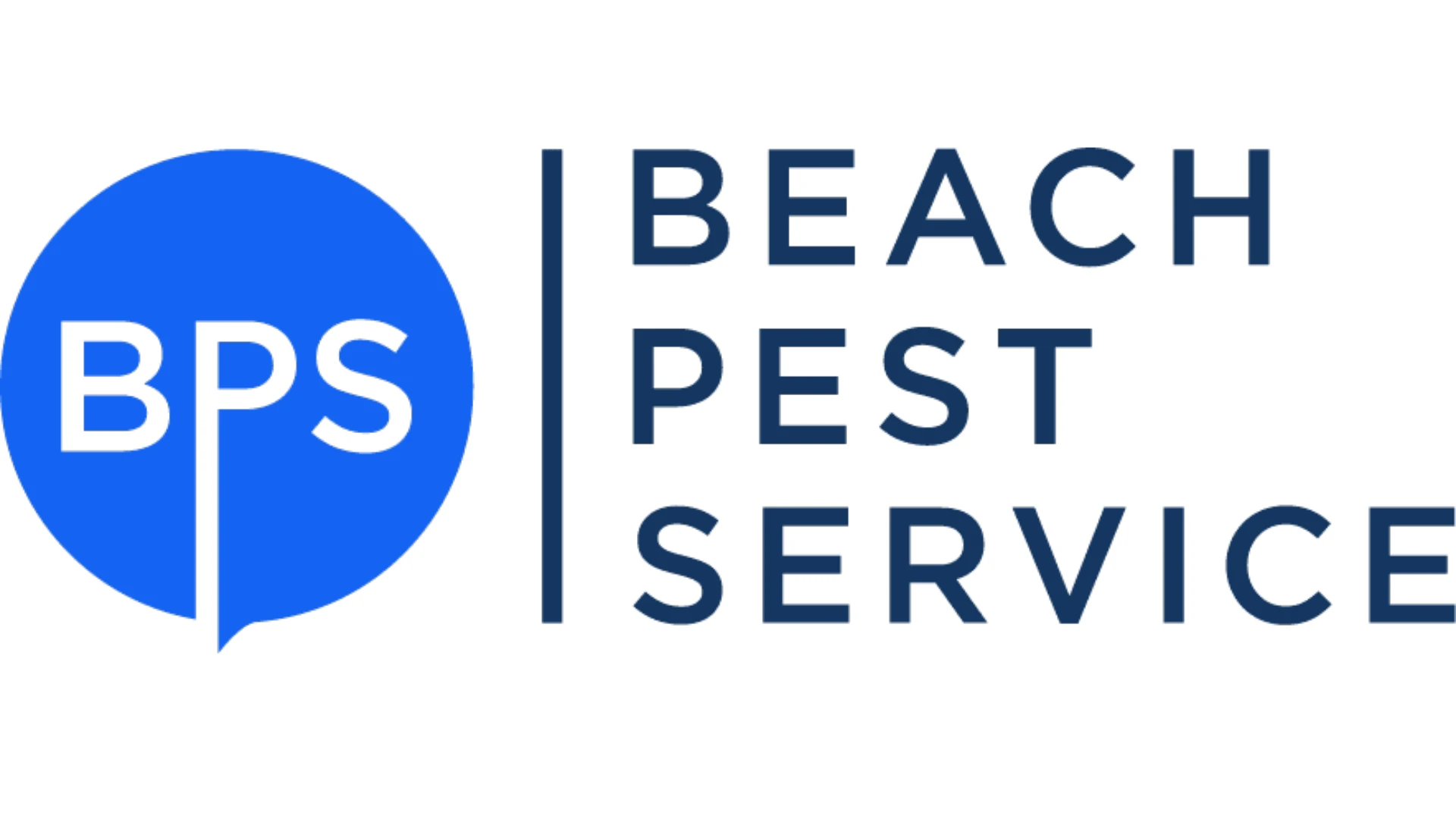It has been said that "the best predictor of future job performance is past job performance." If this is true, then why do so many managers forego the opportunity to learn about past performance by means of a reference check? Most people won’t take their clothes to a dry cleaner without a reliable reference. But, they’ll hire someone to make bank deposits for their company without even attempting a reference call. Perhaps it’s because we become enamored during the interview, or we don’t want to hear the real truth about a candidate. After all, it’s a tight market, we’re all desperate and we don’t have time to wait. So it’s OK, right?
Wrong! In most cases, no hire is better than a bad hire — especially when you consider the liability associated with negligent hiring and retention claims, along with the cost of turnover.
THINK ABOUT IT. You hire people and entrust them to your customers. They represent you and your company. They go into customers’ homes and businesses, drive your vehicle, use your equipment and have access to your building and everything you’ve worked for. And many get hired off of a resume that was created by a fancy software program. Now that’s taking a risk.
Of course, there will always be risk in hiring. The idea is to reduce the risk to the greatest extent possible. Reference checking is one of the ways to do just that. Contrary to popular belief, you can get good reference information if you are willing to make an effort.
Recently, there’s good news for employers conducting reference checks. Some states have adopted legislation that provides employers with immunity from liability when giving reference information. Many of these state statutes protect employers unless the information they supply in a reference is (1) knowingly false, (2) deliberately misleading, (3) rendered with malicious purpose or, (4) in violation of any civil right.
Since 1991, 24 states have enacted laws providing varying degrees of protection against suits alleging defamation and other claims. Some of these states are Florida, Georgia, South Carolina, Louisiana, Tennessee, Arizona, Illinois and California. Many employers are not aware of this protection. Sharing the statute with references who are unaware is one way to promote cooperation.
GETTING THE INFO YOU NEED. Here are some other ideas to help you get useful reference information:
1. Talk directly to former supervisors and consider calling them at home where they are more likely to let their guard down and talk openly. Also, as a rule, top management is more candid than human resources when giving reference information.
2. Also, avoid using the terms "reference check." Instead, state that you are calling to "verify some facts."
3. Befriend the person you are talking with — find some common ground and be willing to give a little. Personalize the conversation and you’ll get more information.
4. Prepare for the call and be willing to share information you’ve learned about the candidate. For example, if you learned that the candidate is assertive and confident, use this information. You could say, "I found Joe to be assertive and confident during the interview. How were these traits manifested when he worked for you?"
5. Conduct reference checks yourself if the person is going to be working for you. Don’t delegate this responsibility.
6. The least productive way to get reference checks is by mail. Conduct reference checks by phone or in person.
7. Consider conducting the reference checks in person. You gain valuable insight into the former employer and can better evaluate how the person will work for you.
8. Use creative ways to obtain information, like describing your culture and asking if the candidate would fit in. Obtain useful information. Too often reference checking is just fact checking.
9. Use a reference check form with a signed applicant release so employers feel comfortable.
10. Be wary of candidates who only supply personal references. Don’t substitute a reference letter for a personal contact. Reference letters are often written by candidates themselves and signed out of guilt or sympathy.
11. Call all references, preferably before the candidate gives notice — or after they give notice if you must wait. In any event, reference checking should be done before placement.
A DIFFERENT APPROACH. Now, if you really want to conduct a reference check that is "out of the box," here’s an idea: Call references over the lunch hour or evening to get a voice mail or assistant. Leave a simple message: "Joe Jones is a candidate for the (fill in the blank) position. Your name has been given as a reference. Please call me back if the candidate was outstanding."
The results are usually immediate. If the candidate is excellent, you’ll typically get a response right away. If you don’t get a call, the message is clear yet no derogatory information has been shared. That is, of course, assuming the reference got the message. (I didn’t say this was perfect...just "out of the box!")
Remember, failure to conduct a thorough reference check or background investigation (criminal, motor vehicle records, etc.) can lead to charges of negligent hiring. For example, if you hire an applicant without conducting a reference or background check and that person is later responsible for causing harm to a third party, you could be liable if the background and reference checks you didn’t do would have revealed a propensity for the alleged behavior.
To eliminate this type of liability, conduct and provide thorough background checks and references and, in doing so, exercise good judgment and honesty. Provide only facts and document your efforts to show you requested and disclosed information in good faith. And lastly, consider revising your reference check practices to promote more openness (but with caution).
The author is president of the Winter Park, Fla., consulting firm, Seawright & Associates, Inc. She can be reached at 407/645-2433 or jseawright@pctonline.com.

Explore the June 2000 Issue
Check out more from this issue and find your next story to read.
Latest from Pest Control Technology
- Understanding Rodents and Bird Flu
- Green Pest Solutions Awards Safest Driver New 2025 Ford F150
- UF/IFAS Sheds Light on Tiny Invaders During Termite Awareness Week
- Registration Open for Lawn & Landscape Technology Conference
- Fleetio Launches Automotive Service Excellence Scholarship
- WorkWave Appoints John Phelan as CTO
- PMPs Use Capitol Hill Visits to Push for Preemption
- 20 Trapping Tips





